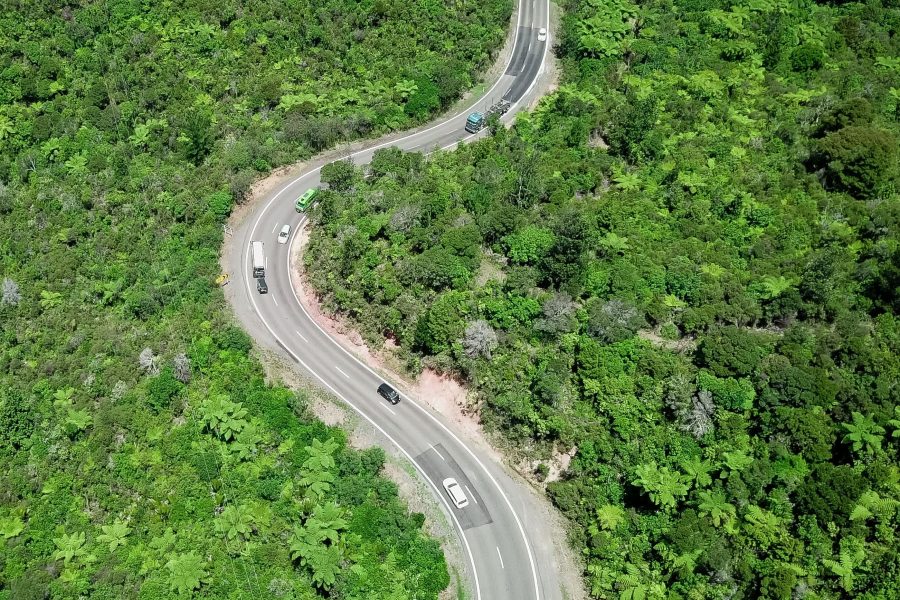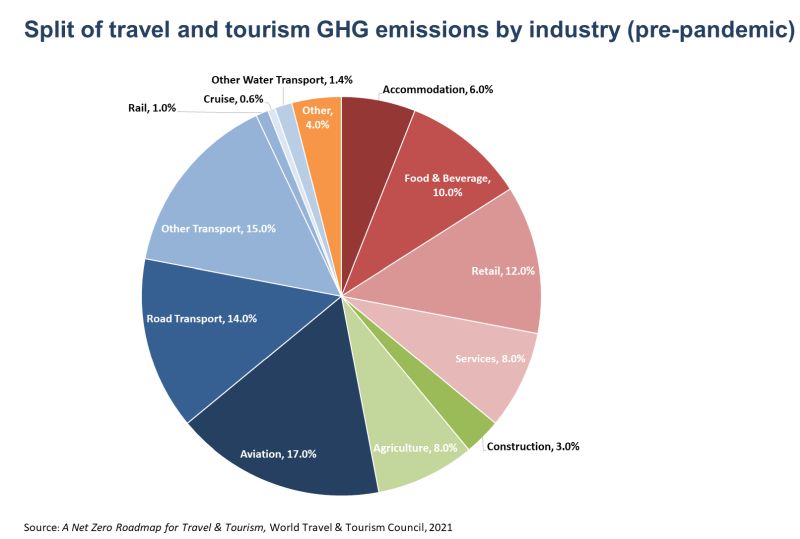15th November 2022 By Contributor
While sustainable travel is the next step in the evolution of tourism, the way consumers talk about it and what they actually do can be very different because of the types of products on offer, write industry professionals at Accenture and the World Economic Forum.

As COP27 continues, the urgency and scale of addressing the global climate and environmental challenges are once again taking centre stage. Accounting for an estimated 11% of global emissions, a share that is expected to grow, the Travel and Tourism (T&T) sector will play a critical role in meeting global climate goals.
In this context, governments and investors have mounting pressure on the sector to reduce emissions and increase sustainability through more stringent emissions standards, green tax incentives, and growing ESG-linked investments. Moreover, an increasing number of consumers are indicating a preference for more sustainable travel options.
In response, many travel companies, such as airlines, have made improving sustainability and minimising greenhouse gas emissions key business goals. However, to achieve these goals and transition into a more sustainable future, T&T companies must successfully develop products that enable more sustainable travel choices.

Recent studies and survey results indicate that travellers increasingly value sustainable travel, indicating an opportunity for sustainable travel products. In parallel, a survey by Booking.com found that four out of five global travellers agreed that sustainable travel is a priority for them, with 71% intending to travel more sustainably and 78% aiming to stay at a sustainable property at least once a year.
Concerning the environment, specifically, 69% of respondents to an Expedia survey confirmed that they want to lessen their environmental footprint, and 75% said they would like to use more environmentally-friendly modes of transport.
However, while travellers seem to indicate an increased willingness and demand for environmentally-friendly and sustainable products, the uptake of sustainable travel products anecdotally does not show the same accelerated trend just yet.
As sustainable offerings are relatively in their infancy, there is limited research on actual purchasing behaviour. Furthermore, recent surveys revealed that travellers prefer companies’ sustainability practices and offerings to be more transparent, intuitive, and easy to access.
Additionally, industry interviews and research we are conducting have helped identify a range of roadblocks that explain the gap between consumers’ stated intentions and what they are doing in practice.
These roadblocks can be classified or clustered into six main categories:
1) Limited availability – The roadblock of availability centres around the lack of a sustainable product substitute within a company’s offering. This includes limited overall sustainable product options as well as sustainable products that are competitive with more traditional offerings.
2) Lack of awareness – This roadblock refers to travellers’ lack of awareness of sustainability challenges in T&T, sustainability behaviours that can help overcome these challenges, and sustainable products on offer.
3) Low credibility – Low credibility refers to consumers wanting a greater degree of reassurance and information about the claims companies make concerning the sustainability of their products. Product aspects like transparency, coherent reporting, certification and verified labelling are all tied to improving credibility.
4) Price premium – Generally, sustainable travel options are deemed more expensive than their traditional counterparts. As the willingness to pay a premium for a more sustainable product varies by customer segment and is ever-evolving, customers often drop out from purchasing the alternative due to the higher price.
5) Cumbersome purchase experience – Customers are often discouraged from purchasing sustainable products if the process is burdensome and counterintuitive.
6) Lack of rewards/acknowledgement – This roadblock refers to the need to make customers feel rewarded for their efforts, both physical and emotional. Tools in this space help people facilitate the publishing of their sustainability efforts on social media or provide recognition in physical environments.

Companies that can provide sustainable offerings that address these say-do-gaps will be better positioned to meet customer needs. As a result, a virtuous cycle can be generated in which increased purchase of sustainable products leads to greater company performance, reinforcing further investment into such options. In turn, the increasing supply of sustainable products would make it easier for travellers to behave sustainably, helping the T&T sector in its net zero transition.
To make a case for investment in sustainable travel products, Accenture and the Forum are working to explore the say-do-gap further, provide an overview of existing sustainable travel products and configurations, develop recommendations for creating sustainable products, and present the industry with a call to action. The full report on this topic will be published in December.
Jesko Neuenburg is managing director and global travel & aviation sustainability lead at Accenture, David Walfisch is principal director of travel sustainability at Accenture, Natalie Nehme is manager of travel sustainability at Accenture, and Maksim Soshkin is research and analysis specialist at the World Economic Forum.
This article is republished from The World Economic Forum under a Creative Commons licence. Read the original article.